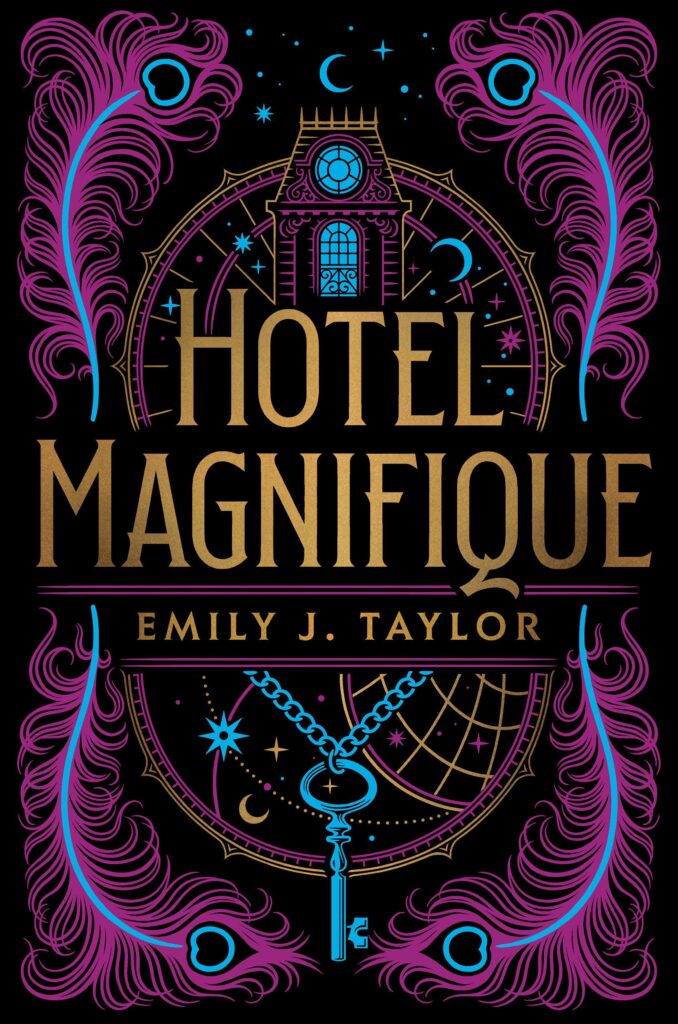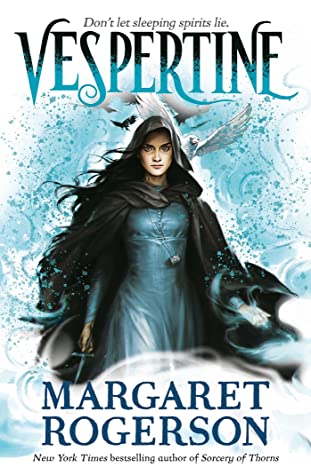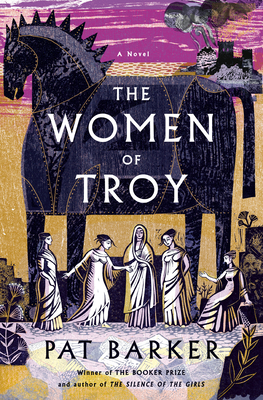Monday Minis
Happy New Year, lovelies! Starting off the new year right with a fresh bunch of Monday Minis for your enjoyment. As always – many thanks to the publishers for sending me eARCs of these titles, all opinions are my own.
Hotel Magnifique by Emily J. Taylor is pretty magical. I adored this when I started it, even if it felt like the magic of it started wearing off a bit once I got stuck into the story. This is the story of 17 year old Jani, and her younger sister Zosa, who are trying their best to get by as orphans – until the Hotel Magnifique comes to town, and they see a chance to escape into a world of magic and mystery by signing on as staff. But not everything there is quite how they imagined it, and Jani soon finds herself alone and having to face bigger challenges than she ever imagined if she wants to see her sister again and figure out how to help the other employees. And initially I was extremely taken in by the story and worldbuilding, and charmed by Bel, the love interest. As the story went on though, I got a bit disillusioned with everything – mirroring Jani’s journey in the book I guess – and felt like it leaned too much on classic YA tropes, and certain things just ended up working out too neatly. I found the story ultimately was too predicable for me to unreservedly enjoy it, and there weren’t enough characters of substance to care about. There were some details I was still wondering about by the end, but as I read an ARC, I suspect those are the type of things that will likely have been addressed in the final copies. So all in all, a flawed but entertaining YA fantasy, a good way to spend an evening reading.
By all rights, Vespertine by Margaret Rogerson should have been a book that I adored. But just like her last novel, Sorcery of Thorns, somehow, I just did not click with it – maybe I should take that as a sign to stop trying and accept that this may be an author who is simply not for me, as much as the copy tempts me. Vespertine is the story of Artemisia, an apprentice nun, one of the Gray Sisters, who prepare the dead so their souls can pass on. When her convent is attacked, she ends up bonding with an ancient spirit bound to a saint’s relic and drawn into an epic fight. Think lots of bickering within Artemisia’s head between her and the spirit, unexpected bonding in various places, lots of moral gray areas, and greatness thrust upon our heroine in a grand quest. And I just don’t know why this didn’t do it for me. I started on the eARC, and struggled with it, and then went on to the audiobook which I did eventually finish, but feel very ambivalent about. I think it boils mostly down to me as a reader not meshing with this particular author’s style as, if I try to pinpoint where my issues lie, it largely is with a lack of emotional connection. I did find Artemisia rather annoying as she generally thinks she is always right and struggles to critically reflect on her own actions, so some of the interior monologues and conversations between her and the revenant ended up feeling repetitive. The other obvious issue I had with the story is that it felt like it had a romantic arc forced into the story that did not fit in there, between characters who do not have chemistry, and which, to me read more like ticking a box than something that grew organically. So all in all, a three star read for me.
I loved The Women of Troy by Pat Barker. After really enjoying The Silence of the Girls early in 2021, I slept on this one for far too long, considering I had an audiobook ARC, and I’m not only addicted to mythology retellings, but also audiobooks. However, I’d listened to another book narrated by the same narrator – a contemporary fantasy – shortly before, and she has a very distinctive voice, which kept throwing me off. But now that I got sufficient distance, I devoured the audiobook within just over a day. The story sets in after the fall of Troy, and covers the period until the Greeks depart. It is again largely told from the perspective of Briseis, Achilles’ war prize (though, of course, that great warrior is long dead now). Central themes are how to regain the Gods’ favour in order to return, the adequate disposal of King Priam’s body and continuing on from The Silence of the Girls, the treatment and the voices of the women of Troy, now slaves in the Greek camp. Pat Barker’s books are on the very literary end of the current boom in mythology inspired books, oriented very much towards an audience traditionally driven by awards and prestige, in contrast to the more commercially oriented Ariadne or Daughters of Sparta. As a nerd, I love that we get such a breadth of stories retelling mythology, reworking it to give the formerly voiceless more of a voice and not continually centering mediocre white men on their power trips (yes, for much of The Women of Troy I would have liked to slap Pyrrhus and knock some sense into him – never mind Menelaus and Agamemnon). Definite recommendation!




